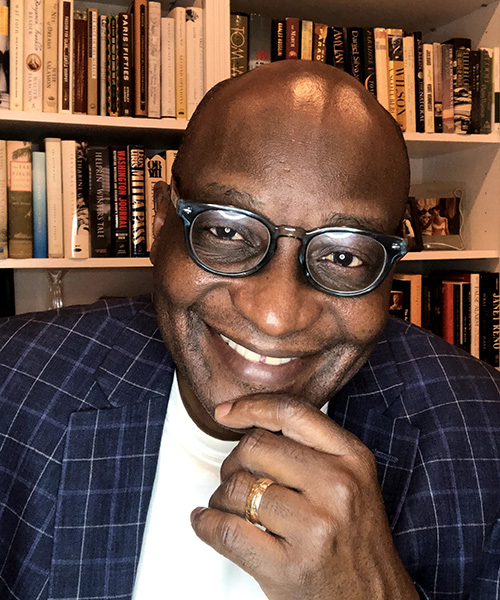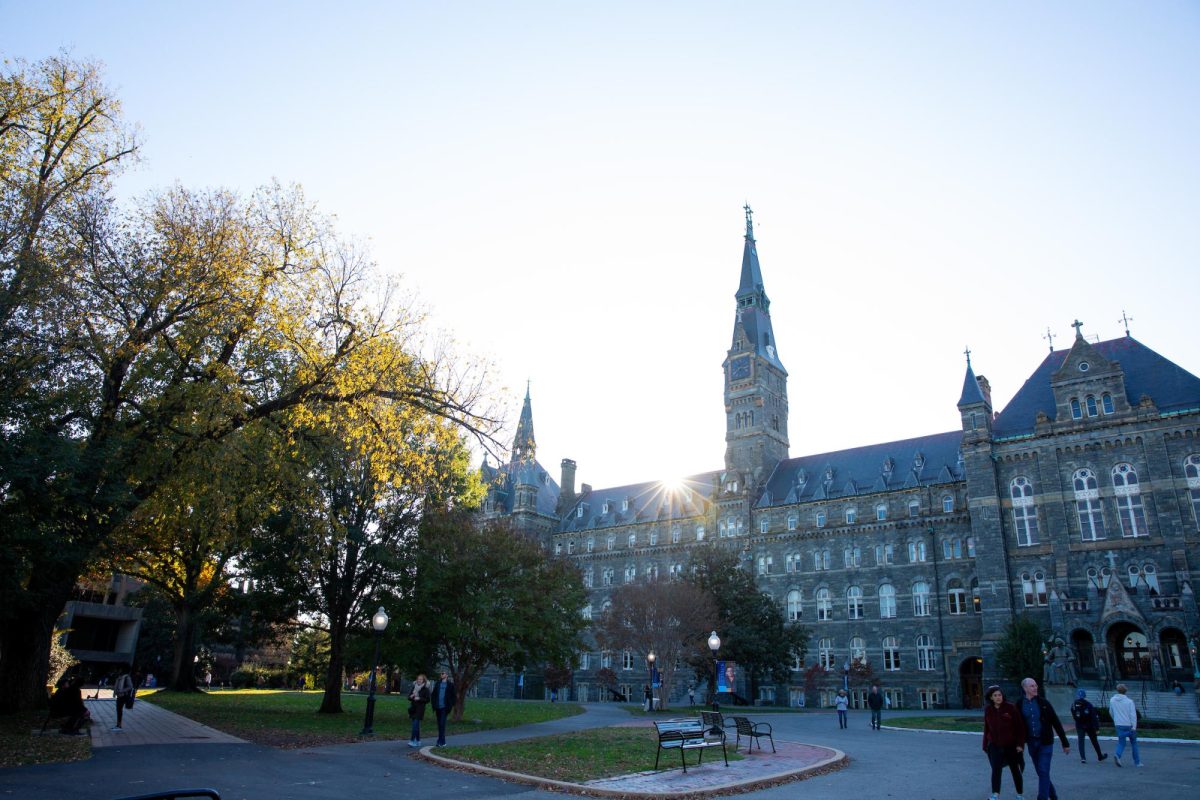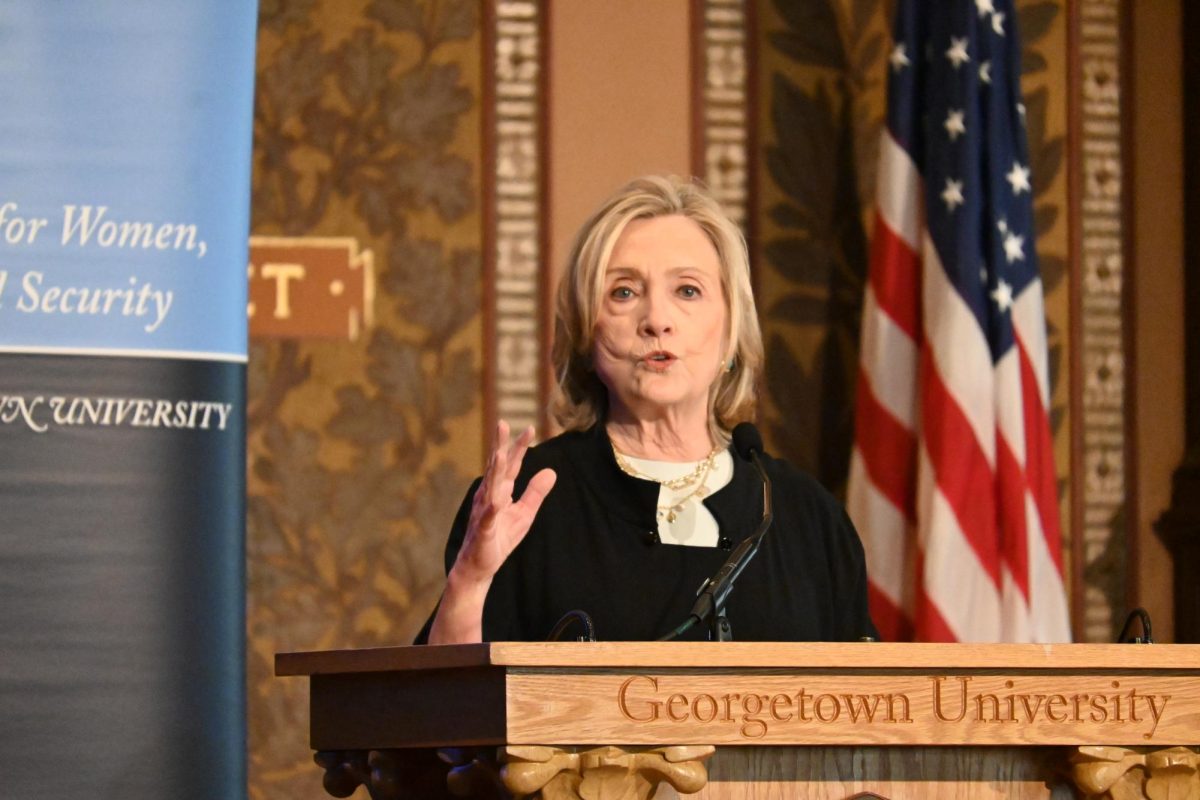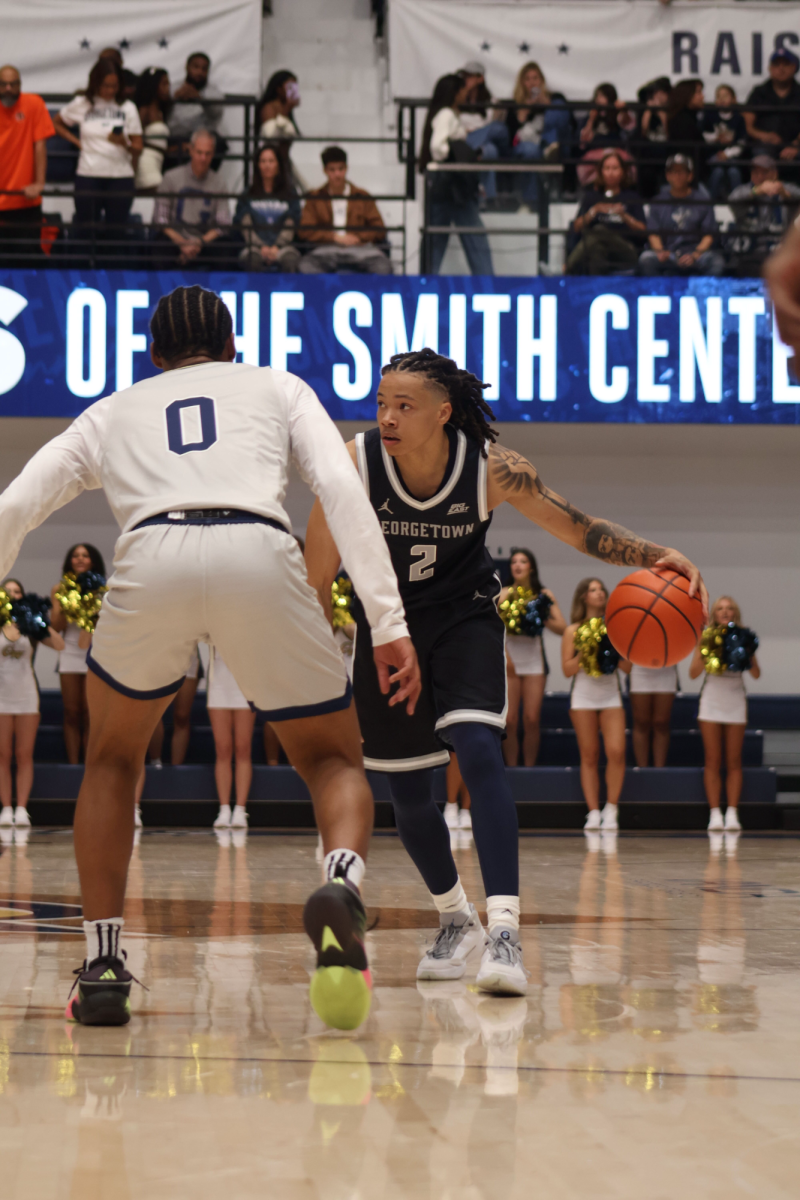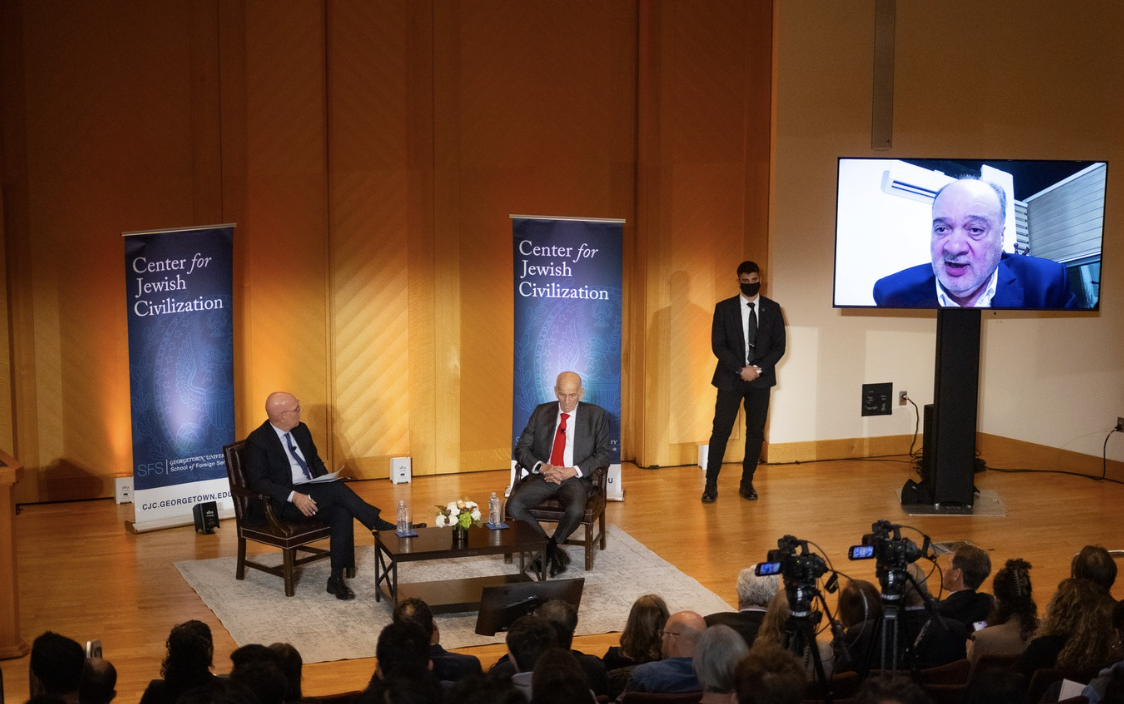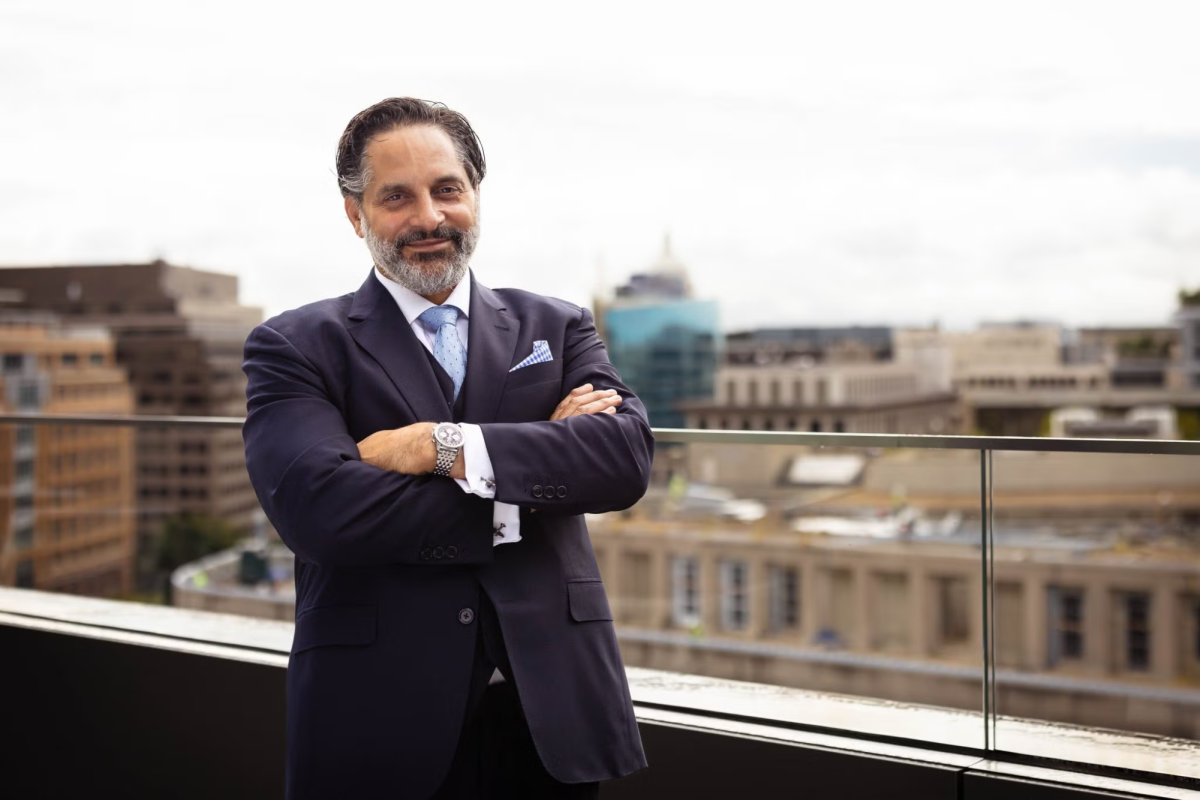Beginning in the fall semester, students in the Georgetown University College of Arts & Sciences will have the option to declare a major in disability studies.
The major will build on the program’s existing disability studies minor and graduate certificate and will offer students tools to critically examine disability through lenses such as art, philosophy, education and public policy. The major will draw from classes across academic programs to demonstrate the intersection of disability studies with other disciplines.
Joel Michael Reynolds, director of the disability studies program, said the major will draw from courses across the humanities, social sciences and natural sciences to reflect its interdisciplinarity and real-world application.
“Disability studies is fundamentally interdisciplinary,” Reynolds told The Hoya. “There are researchers across all of the fields in the humanities, social sciences and life sciences that utilize a disability studies approach, so we wanted the major to represent that wide kind of flexibility and kind of interanimation with lots of fields and lots of topics and lots of actual professions out in the world.”
Jennifer Natalya Fink, professor of English and a core faculty member in the program, said Georgetown’s program combines education in disability disciplines and connection to social movements and cultural work.
“The major will help strengthen the intellectual and creative work of our undergraduates, providing them with the opportunity to do in-depth course work, creative work and research in disability studies and prepare for a wide variety of careers,” Fink wrote to The Hoya. “Disability studies not only offers students the opportunity to study disability in every possible context, but it also offers new ways of thinking about what it means to have a constantly changing body-mind.”
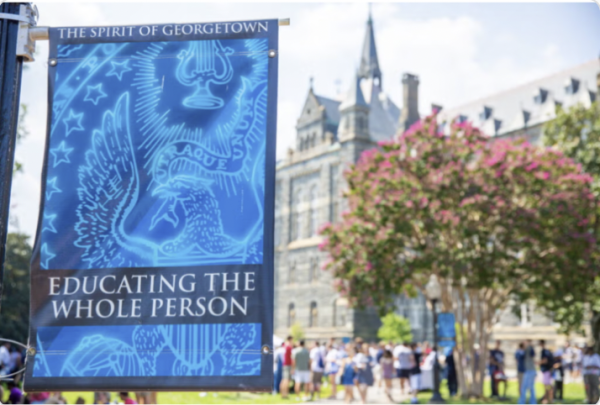
Reynolds said the disability studies major came out of student advocacy.
“One of the really exciting things about disability studies at Georgetown is how student-led everything has been,” Reynolds said. “There was student demand that led to the creation of a minor and a graduate certificate.”
Fink said the development of the major has been a years-long effort that centered the voices and scholarship of disabled people.
“Together with Professor Rifkin and the other faculty, I helped bring disabled scholars and artists to Georgetown, and shared the richness of disability culture and scholarship with the wider community,” Fink wrote.
Drawing on her previous work, Fink said she is excited to expand on her interest in the intersection of art and disability studies.
“I am honored to continue my work as core faculty in disability studies, and offer core courses in ‘Disability and the Arts,’ and continue to share my own interactive and collaborative disability arts/environmental justice projects such as Going Green to the community, as well as those of other disability artists,” Fink wrote.
Libbie Rifkin, associate director of the disability studies program, said she looks forward to helping prospective majors apply their studies in the broader world.
“I’m excited to do more outreach to students,” Rifkin told The Hoya. “It is so critical that students engage in this course of study right now, particularly as the systems and support for people with disabilities are being forcefully eroded.”
“It’s important that people come out of school and be committed to this work and figuring out ways to continue it,” she added.
Reynolds said the major reflects Georgetown’s broader commitment to holistic education and social justice.
“As part of Georgetown’s mission, there is a focus on cura personalis, there’s a focus on social justice and there’s also a focus on understanding what it means to be human,” Reynolds said. “Disability is essential, and is foundational to what it is to be human.”
Rifkin said the new major will foster a more inclusive academic environment by amplifying the perspectives of disabled people.
“We wanted to center the voices and experiences of disabled people who are doing work in scholarship and art and activism,” Rifkin said. “I’m excited to see what our students will do and how they’ll continue to make Georgetown a more inclusive and accessible place.”





